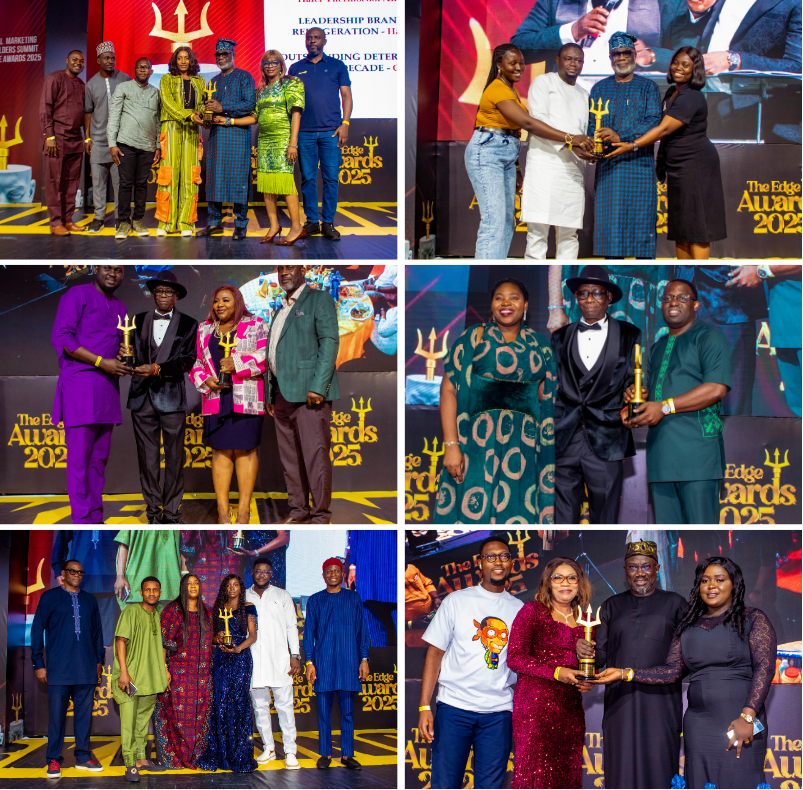By Felicia Nwosu
As the media landscape continues to evolve, industry experts agree that the future of television encompasses much more than just Connected TV (CTV) and Over-the-Top (OTT) platforms. While these digital innovations are increasingly popular, traditional television remains a critical part of the industry’s growth, offering valuable opportunities and challenges for advertisers and broadcasters alike.
As television continues to evolve in the digital age, they affirmed the transformation of TV will involve a broader integration of advanced technologies, richer viewer experiences, and innovative content delivery. They also averred that the future of TV cannot be defined by digital innovation alone, attesting that traditional television remains a vital force, offering unmatched trust, depth, and engagement for advertisers and viewers alike. They therefore advised that to stay competitive, the media industry must continue to evolve, blending the best of traditional and digital formats to meet the demands of modern consumers.
They highlighted the need for a balanced approach, where innovation and tradition work in tandem, ensuring that TV retains its place as a central pillar in the media and advertising world. This they stated is by embracing both new technologies and time-tested strategies, adding that the future of television is bright, with a continued promise of growth, adaptability, and engagement.
Yinka Adebayo, Group Executive Director at Omnicom, West and Central Africa, offered insights on how the future of TV will depend on a strategic balance between traditional formats and digital advancements. The media planning and buying expert emphasizes the continued relevance of traditional TV, despite the digital wave sweeping through the media industry.
According to Adebayo, TV remains a vital medium for advertisers due to its credibility, trustworthiness, and ability to deliver depth in storytelling. He acknowledges the strong competition from streaming services and digital platforms but stresses that traditional media, particularly television and radio, provides an essential counterbalance to digital’s speed in delivering breaking news.
He added that for TV to maintain its importance, it must adapt to evolving consumer demands, particularly in integrating data-driven strategies and innovative advertising formats.
“Digital is unrivaled for breaking stories, but traditional media brings depth and the ‘story behind the story’, a valuable aspect in the information landscape. Brands must navigate this space carefully, implementing structured integrations that align with consumer interests.”
Adebayo also pointed out the growth prospects within CTV and OTT platforms, where brands can engage with new audiences. However, he warned that the challenges posed by limited data and evolving regulations still present significant hurdles. He also highlighted the unique advertising potential in movie premieres and other high-profile TV events, which offer brands a chance to generate goodwill and deepen consumer relationships.
Jude Odia, the Managing Director of Starcom Media Perspectives, further expanded on the future of TV in an increasingly digital world. He stressed that media outlets, including traditional TV stations, must embrace digital transformation to stay competitive.
The renowned professional advised that television stations must build a robust mobile presence and ensure their digital offerings match the strength of their traditional broadcasts.
“Media organizations that lag in digital transformation risk significant losses, even if they don’t die outright. To remain relevant, traditional TV must integrate digital platforms alongside linear broadcasts and demonstrate real-time audience reach using reliable data.”
Odia also touched on the current economic climate in Nigeria, noting that businesses, including media agencies, are facing increased pressure due to inflation and rising costs. As advertising budgets shrink, the marketing guru emphasized the need for brands to take a disciplined approach to their media spend, carefully balancing traditional and digital channels.
He noted that with Nigeria’s inflation rate at 21.34%, many clients are rethinking their strategies, and so recommended a value-driven approach to advertising, ensuring that each investment delivers measurable impact.
Afanide Uwem, the MD/CEO of All Seasons Zenith Nigeria, also provided insights into the state of the Nigerian television market. He pointed to economic challenges such as the recent Forex deregulation and subsidy removal, which have strained business operations.
He further emphasised that the media industry, particularly television, must be agile and adapt to changing audience behaviors, especially as streaming services and VOD platforms gain ground.
The All Seasons Zenith Nigeria boss also discussed the evolving nature of media buying and planning. As traditional methods become less effective, the industry has been forced to adopt more flexible, data-driven approaches. He noted that the shift toward more interactive, on-demand content has fundamentally changed how TV advertising works, presenting both challenges and opportunities for brands. Despite the growing dominance of digital platforms, he believes that traditional television is far from obsolete, acknowledging the rise of new formats such as Video on Demand (VOD) and digital TV.
“Digital platforms have reshaped the media landscape, pushing agencies to be more agile and responsive to changing consumer behavior. Television has been democratized. While streaming services are growing rapidly, TV will continue to be a central part of the media landscape.”
However, he also stressed that traditional TV still has a crucial role to play in Nigeria’s media ecosystem.






Comment
No comments found.